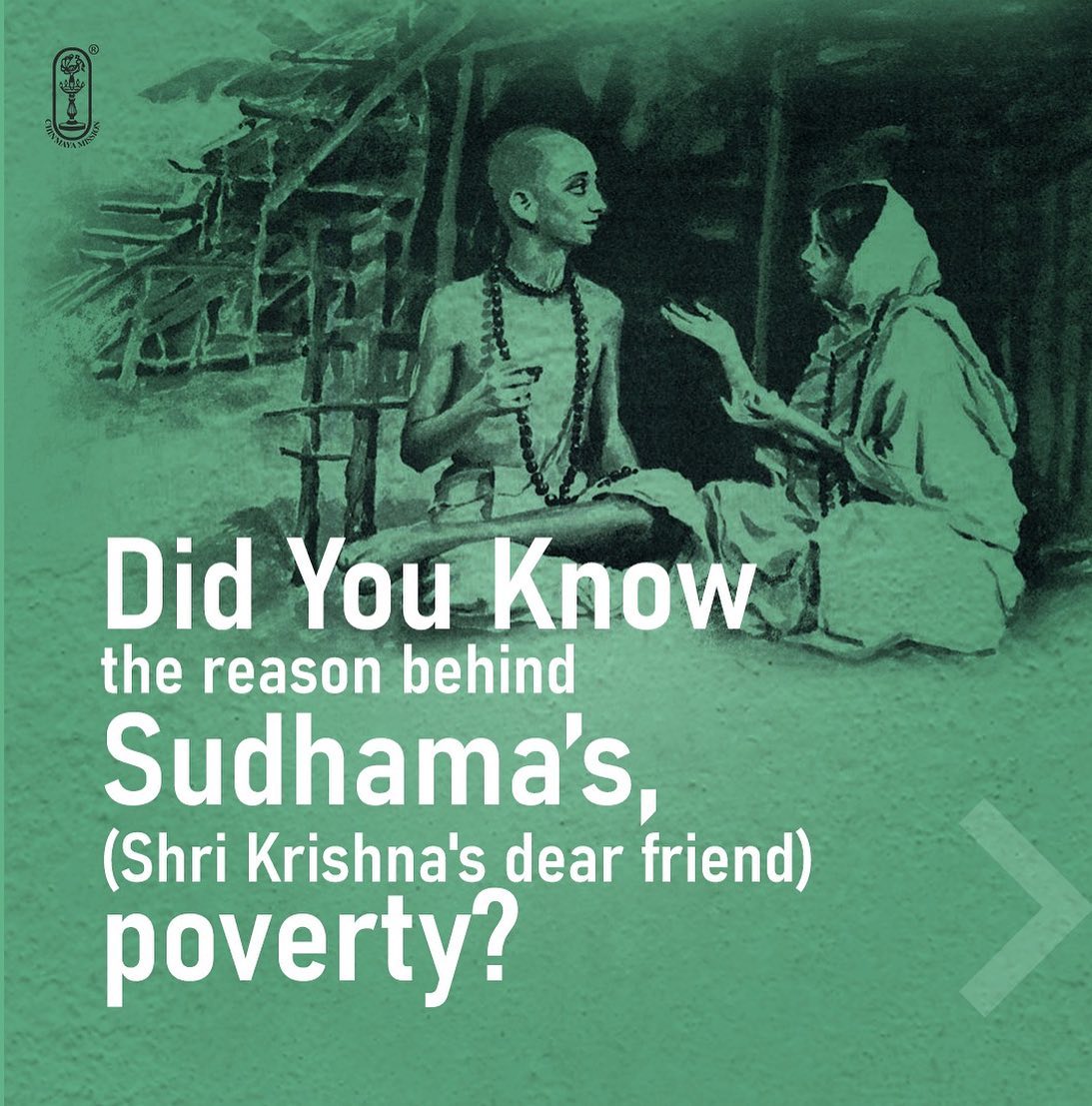Commentary on the Bhagavadgita : 41 - Swami Krishnananda.
=====================================================================
=========================================================================
Tuesday, June 21, 2022. 19:00.
Discourse 46: The Seventeenth Chapter Begins – The Threefold Character of Faith : 1.
POST-41.
========================================================================
This word ‘shastra' went into the mind of Arjuna so strongly that it raised a doubt in his mind, which led to his question in the beginning of the Seventeenth Chapter.
arjuna uvacha
"Ye shastra-vidhim utsrijya yajante shraddhayanvitah
tesham nishtha tu ka krishna sattvam aho rajas tamah." (17.1):
Arjuna asks, “O Lord! Those who do not follow the injunctions of the scriptures but work with faith, what do You say about them? Are they sattvic or rajasic or tamasic? Under what category do they come? Those who have intense faith and honestly do something without consulting scriptures—do You consider them as sattvic people? Are they good people or bad people? What is Your opinion?”
This is a very moot question that is raised by Arjuna, to which Sri Krishna gives a very devious answer. We have to read the meaning between the lines to make out what exactly is intended in this answer because a direct answer to the question is not given. The consequence of a direct answer seems to be there in the verses that follow, and we have to draw our own conclusions as to what would be the direct answer by reading the verses which Sri Bhagavan speaks—śrībhagavānuvāca—that follow in answer to Arjuna's question.
-----------------------------------------------------------------------------------------------------------------------
shri-bhagavan uvacha
"Tri-vidha bhavati shraddha dehinam sa svabhava-ja
sattviki rajasi chaiva tamasi cheti tam shrinu."(17.2)
Tri-vidha bhavati shraddha :
“You said ‘faith'. You asked about people who have faith but do not consult scriptures. Well, I shall tell you something. You said there are people with faith, but what kind of faith? There is sattvic faith, rajasic faith and tamasic faith. Therefore, we cannot unilaterally make a statement about those people who have faith. We have also to consider what kind of faith it is that they have.”
sattviki rajasi chaiva tamasi cheti tam shrinu : “Now listen to me. I shall tell you what is sattvic faith, what is rajasic faith, and what is tamasic faith. According to one's own nature, so does the faith arise in that person.”
-------------------------------------------------------------------------------------------------------------------------
Here a very direct answer is, to some extent, indicated. There is no use of saying, “I have a faith in this thing and, therefore, everything must be all right.” It need not be all right even if we have faith in it, because our faith may be tamasic faith or rajasic faith. It may not necessarily be the voice of what is sometimes called the inner conscience, which many people resort to and say, “My conscience says that and, therefore, I shall do it.” The tiger also has a conscience, the snake has a conscience, the scorpion has a conscience, the cannibal has a conscience, and a saint has a conscience. Do we think all these consciences are the same? Hence, there is no use merely saying, “I have a conscience, and I shall act according to it.” Our conscience will work according to the characteristic of our nature. According to what kind of person we are, from that we can know what kind of faith we may develop and how our conscience works. Therefore, we should not simply say, “My conscience says.” One may have a demoniacal conscience and, therefore, merely saying “my conscience works” is not enough. Thus, to say that faith is predominant and, therefore, scripture is not necessary is also not a proper way of looking at things, because it all depends upon what kind of faith we are referring to—whether it is sattvic, rajasic or tamasic. Depending on the character, the behaviour, the substance, and the very essence of a person, accordingly the sraddha, or the faith, is to be judged.
-------------------------------------------------------------------------------------------------------------------------
"Attvanurupa sarvasya shraddha bhavati bharata
shraddha-mayo ‘yam purusho yo yach-chhraddhah sa eva sah." (17.3):
A human being is nothing but a bundle of faiths. Reason does not operate always. Though we think we are reasoning people and highly intellectual, we are not actually working according to intellectuality and rationality in our daily life. If we carefully observe our behaviour, we will find that we act according to instinct only. We have certain instincts, predilections, whims and fancies, emotions, desires, and we try to justify all these instincts inside by a kind of round-about intellectual argument. Therefore, there is no point in saying that one is an intellectual philosopher, one is rational, etc. No one can be wholly rational, unconditioned by an instinct characteristic of the weakness of the human mind.
To be continued .....
========================================================================









Comments
Post a Comment